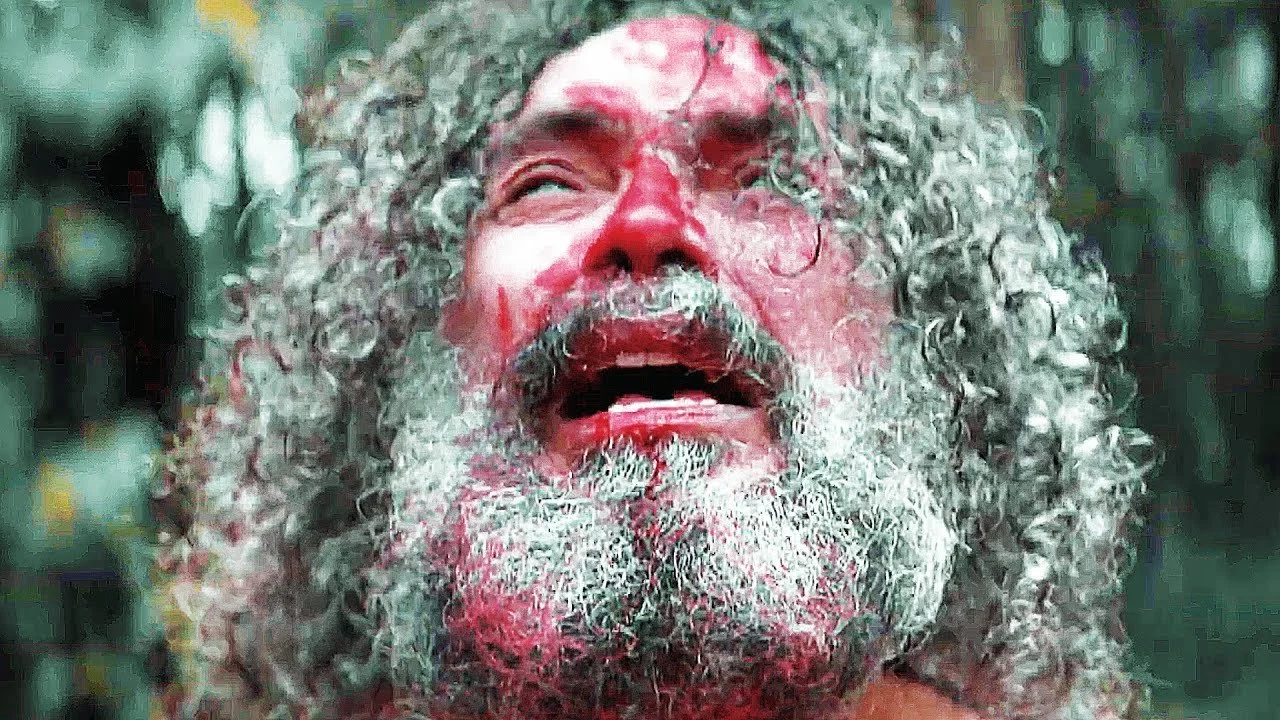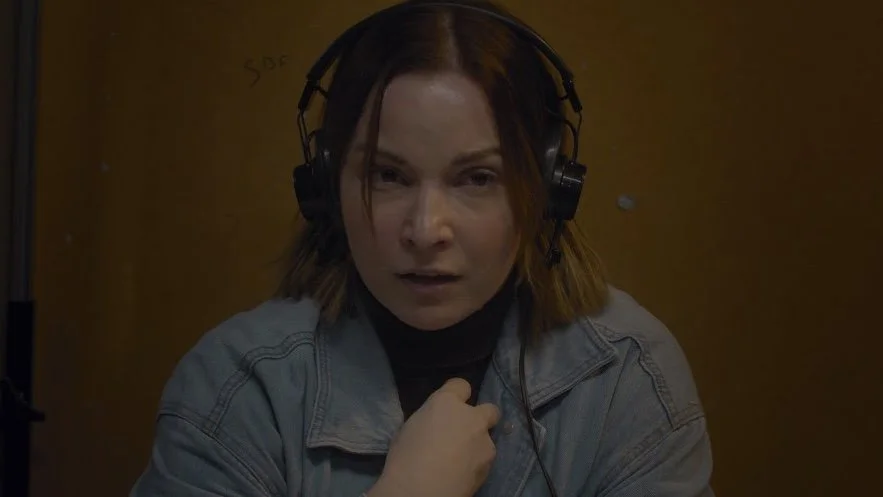Salem Horror Fest 2023: Film Review — "The Forest Hills"
When it came time to select what I’d be covering at Salem Horror Fest this year, The Forest Hills was always toward the top of my list. A definite must-see. The #1 selling point for me was of course Shelley Duvall’s long-awaited return to motion pictures. Her performance in The Shining is an absolute all-timer, easily in my Top 10—in fact, anyone who says Shelley Duvall is “bad, actually” in The Shining can kiss my axe. She has always been one of Hollywood’s most vivacious talents, but unfortunately, outside of Robert Altman, directors just don’t know how to use her. Looking at her credits, it’s no wonder she faded away; the industry didn’t know what to do with her. So now that it’s been two decades since she last acted, I was not going to pass up the chance to witness Shelley Duvall’s unique effervescence return to the silver screen!
Director Scott Goldberg is lucky to have her playing Mama. I’m sure a ton of horror fans will seek out The Forest Hills just because she’s in it. Fans are likely to be disappointed in the end, though, because Duvall’s screen time makes up a disappointingly small portion for the overall runtime. Thankfully, she does well with the scarce material she’s given and leaves behind an impression so strong that you really miss her when she’s not there. She does it by miraculously breathing life Goldberg’s clumsy lines. Mama sounds like a real, naturally ineloquent person—and decidedly not like an actor reciting uninspired dialogue. In doing so, however, Duvall unwittingly reveals the incredibly palpable chasm between skilled delivery and downright buffoonery.
Chiko Mendez stars as Mama’s son Rico, a man plagued with nightmarish visions after experiencing a traumatic head injury, and I knew exactly what kind of performance (and film) I’d be enduring after an early scene with Mendez and Duvall together. Mendez is a very unrefined actor, which is fine. There’s nothing inherently wrong with being rough around the edges—especially when the movie itself is pretty rough around the edges—but showing nuance in a character who’s constantly at a 10 is a tall order for a boorish leading man. It can be done, certainly, and honestly it makes sense for Rico to have a screw or two loose nearly the entire time, but Mendez’s approach lacks tact and precision. He goes big across the board for the sake of bigness. I mean, the story sooorta calls for it, I guess, but once the novelty of Rico’s enormity wears off, the deficiencies of the movie at-large grow ever-apparent.
Look, the film I watched is unfinished. Or, at least, I sure hope this isn’t the final version. The sound in particular needs a thorough polishing. My apologies, but “hearing” cuts is a huge pet peeve of mine as a moviegoer. Ambient noise abruptly disappearing then suddenly reappearing then disappearing again in shot/reverse shot cutting? No, ma’am! Another one of my audio pet peeves is peaking. Put simply, peaking (also called “clipping”) is when the recorded sound’s amplitude is too much for the recording device to handle, as it’s set. In essence, the recording device is pushed beyond its limits. When this occurs, what’s captured in the recording is a warped, displeasing distortion. And unless you’re David Lynch, I don’t want to hear it in your movie! We get peaking more than once in The Forest Hills, mostly when voices are raised too high during arguments. Poorly recorded audio and harsh vocals are a great recipe for an earache.
The discordant, undisciplined voice work is a direct result of a generally amateurish cast. With a few key exceptions, the bulk of the ensemble has a somewhat pedestrian vibe. Once again, there is nothing inherently wrong with being a little rough around the edges—so long as there’s consistency and the ends justify the means, so to speak. Sadly, the overall product is not uplifted or improved by the mode in which most of the cast seems to be operating. Thankfully, there are positive standouts.
Anita Durst is really good in her minor role as Sadie, the village bicycle. There is an ease and supposed effortlessness in regards to her treatment of the text; it’s wild how much Durst feels like a breath of fresh air whenever she’s on screen. Whether her authenticity is due to an extensive background in the performing arts or an actual indifference toward the material (probably a mix of both) is irrelevant to me. The movie needs her more than she needs it, that much is clear… Dee Wallace, genre film veteran, is also a welcoming presence in this. Wallace only has a few brief scenes, but they serve as excellent reminders of what a capable performer can do with a part that was not conceived with an icon in mind. The woman has 200+ acting credits—she knows what she’s doing. Is “Angela” a showcase for Wallace’s talents? No. But does she deliver? As best she can.
The Forest Hills isn’t doing anyone any favors. Frankly, it feels like Scott Goldberg cashed in favors to get his movie made. Credit where credit is due, though: getting a movie made is an accomplishment, period. Goldberg did that and he has plenty to be proud of. I’m sure there’s an audience for his work, but I am woefully not a member of that crowd. If some of the film’s technical shortcomings can be fixed between the festival circuit and distribution, I may come closer to joining the party. Something that can’t be saved in post-post (reshoots aside) is the wonky acting, regrettably. But hopefully it’s not all for naught. Perhaps this marks the beginning of Shelley Duvall’s triumphant return to cinema!


